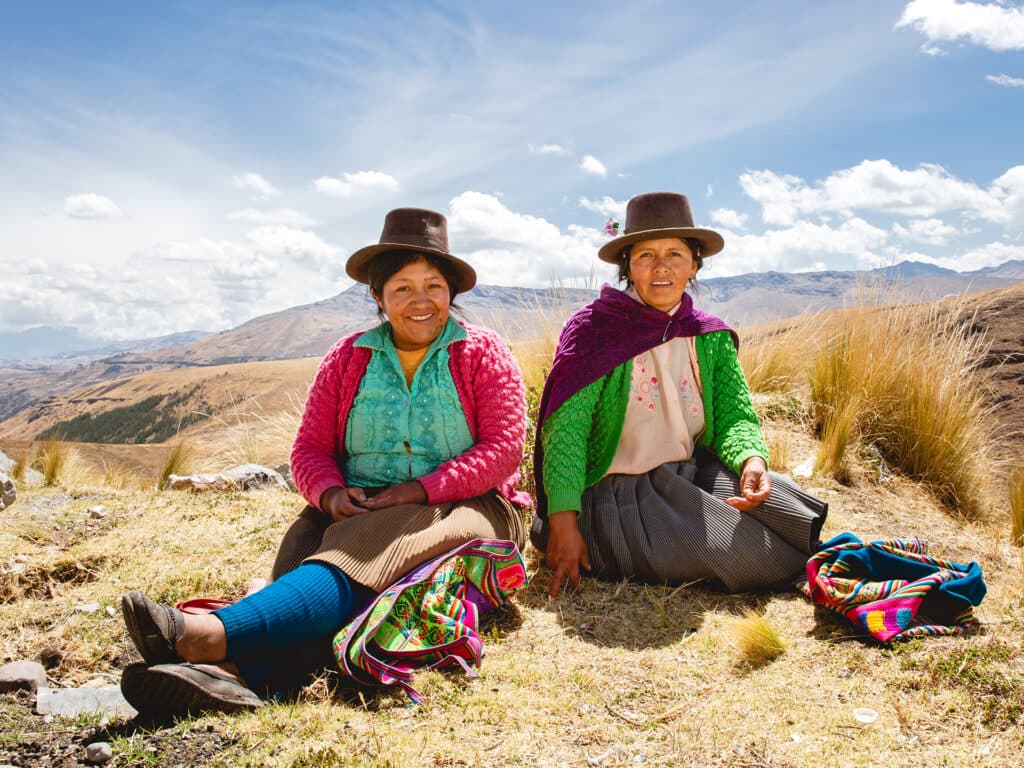
Bolivia
The majority of Bolivia’s 10 million inhabitants belong to one of the country’s 36 indigenous peoples. When Bolivia drafted a new constitution in 2009, indigenous peoples and Afro-Bolivians were given a more prominent role, but their situation is still tough. Poverty is widespread and women are discriminated against.
At Diakonia Bolivia, we work to achieve more social justice, more rights, and less impunity. We do this in partnership with local organizations, promoting synergies and supporting their efforts to transform vulnerable conditions, with a focus on gender, economic, and ethnic gaps. We focus on people and their organizations, acting as a bridge for dialogue, mutual learning, and the conquest and defense of rights. Our approach continuously adapts to the country’s political dynamics to be an agile and effective facilitator.
Bolivia faces serious issues of justice and equity. The judicial system is misogynistic, homophobic, racist, and weak, with limited access to justice, especially for women, the LGTBIQ+ population, indigenous peoples, and poor people. Only 3 out of every 10 women report violence, and only 1% of cases lead to a sentence.
Regarding indigenous peoples, although indigenous autonomy was constitutionalized 15 years ago, only five have been established, and many others are stalled due to legal gaps and the lack of an adequate intercultural framework to develop historical and collective projects. Furthermore, racism, discrimination, and religious fundamentalism continue to prevail, especially toward indigenous peoples and farmers, and the LGTBIQ+ population continues to face discrimination and criminalization.
Through innovative projects and concrete actions, Diakonia addresses these issues from various approaches:
- Gender Committee of the Judicial Branch: We support the consolidation of the Committee to promote the adoption of gender equality in the judicial system, improving women’s access to justice.
- Strengthening Indigenous Organizations: We accompany indigenous organizations in the legal protection of their autonomies, ensuring that women's rights are not violated, and strengthening their organizational and advocacy capacity.
- Intercultural Communication Strategies: We develop massive and sustained campaigns to counter racism, discrimination, and religious fundamentalism, using regionalized and intercultural approaches.

Diakonia in Latin America
Diakonia is present and have partner organizations in Bolivia, Colombia, Guatemala, Honduras, Peru and Paraguay. Our partners represent a broad variety of organizations working on different matters and at different levels.